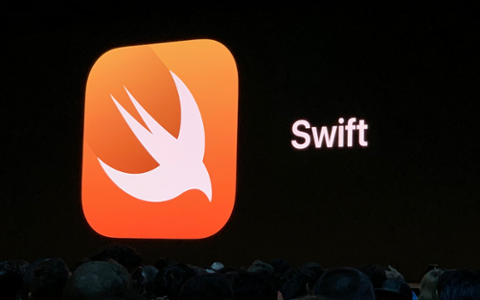As the COVID-19 crisis grinds on, cloud-centric tech companies such as Google, Apple, Microsoft, and Amazon have found themselves in a peculiar position. On one hand, the need for cloud-based apps and services is greater than ever; but the insidious nature of the pandemic has suppressed ad revenue, in-store purchasing, and the other streams of cash that these companies depend upon.
Yet COVID-19 will pass, and in its wake, these firms will continue to extend their cloud-based products in new and interesting directions. If you apply to become a software engineer at any of these firms, chances are very good that your work will intersect with the cloud in many ways. But how much do these new software engineers make?
In order to discover the answer, we turned to levels.fyi, which crowdsources data related to compensation, including bonuses and stock payouts. Here’s what we found when it came to entry-level software engineer salary:
(A brief methodology note: Data from levels.fyi generally tends to align with the crowdsourced information available on sites such as Glassdoor, which makes us reasonably confident in its salary ranges. As with all things compensation-related, though, keep in mind that compensation is a very individualized thing, and entry-level software engineers can sometimes negotiate higher compensation based on their particular set of skills.)
As you might expect, starting software engineer salaries at all four companies are competitive, and roughly level with one another, with Apple in the (slight) lead. Google has something of an advantage thanks to its stock options, but base salaries are within a pretty tight range. All four companies also pay out pretty generous average bonuses, which is definitely something you don’t find at every tech company, even larger ones.
The Future of the Cloud
At all four of these companies, of course, the cloud strategy takes markedly different forms. For example, Microsoft and Amazon are competing to provide cloud infrastructure to businesses and developers all over the world (via Azure and AWS, respectively); in addition, Microsoft’s productivity software (such as Office) is becoming increasingly cloud-based.
Google has always offered cloud-based services, from search to email; in fact, it was “cloud native” long before firms such as Microsoft realized their futures lay away from local, desktop-based software. Apple, meanwhile, is pivoting as hard as it can toward cloud-based services such as gaming and movies, the better to blunt any possible decline in hardware sales and revenue.
Although pundits like to divide the tech world into “winners” and “losers,” it seems unlikely that any of these behemoths will “lose,” at least in the short term. Even before COVID-19 spiked their respective cloud product usage, all were drawing billions of dollars in revenue every quarter. That seems likely to continue for quite some time to come.
In the meantime, if you’re a software developer or engineer interested in the cloud, pay attention to what Burning Glass, an analyst firm that collects and analyzes millions of job postings from across the country, lists as the core skills in its “cloud computing skills cluster”:
- Amazon Virtual Private Cloud.
- Cloud Architecture.
- Cloud Builder (different companies offer different versions, such as VMware).
- Cloud computing.
- Cloud-based design and manufacturing.
- Cloudera.
- CloudStack.
- Cloud-to-Cloud.
Anyone working with the cloud should also boast solid knowledge of AWS and Microsoft Azure. As the cloud continues its dominance, knowing how its components work will only become more important for technologists of all disciplines.



